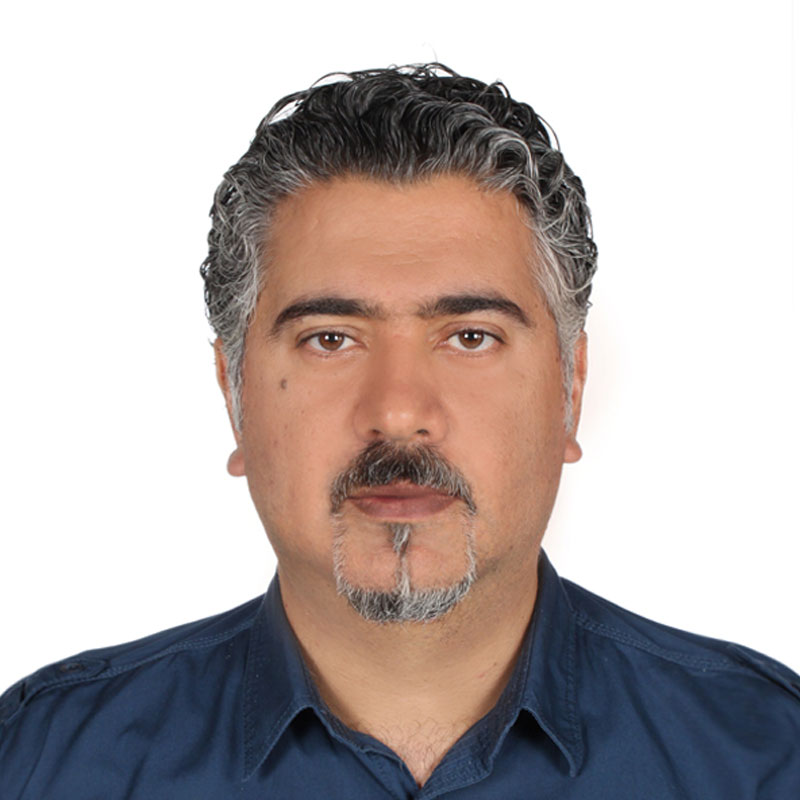
Ozgur Sahin (PI, Professor)
Ozgur Sahin is a Professor and SmartState Endowed Chair in the Department of Biochemistry & Molecular Biology and Hollings Cancer Center at Medical University of South Carolina (MUSC), Charleston, SC. He earned his Ph.D. degree (summa cum laude) in cancer systems biology/cell biology at German Cancer Research Center (DKFZ) and the University of Heidelberg in 2008. Previously, he held positions as a research team leader in the Division of Molecular Genome Analysis at DKFZ, as a research faculty in the Department of Molecular & Cellular Oncology at the University of Texas MD Anderson Cancer Center (MDACC), as an assistant professor in the Department of Molecular Biology & Genetics at Bilkent University and as an associate professor in the Department of Drug Discovery & Biomedical Sciences at University of South Carolina (UofSC). Dr. Sahin was an EMBO-YIP Installation Grant Awardee and later American Cancer Society Research Scholar. Dr. Sahin published nearly 70 peer-reviewed papers in the field of cancer research in high impact international journals (e.g. PNAS, Cancer Cell, Nature Communications, Cell Research, Molecular Systems Biology, Cancer Research and Oncogene, etc.) and filed multiple patent applications. To date, he has received multiple funding (as PI) for his research from the EMBO, European Union FP7 Program, TUBITAK, American Cancer Society and the National Institutes of Health. Dr. Sahin has received many awards, including TUSEB Aziz Sancar (Nobel Laureate) Science Incentive Award from the Health Institutes of Turkey, Outstanding Young Scientist (GEBIP) Award from Turkish Academy of Sciences, USC Research Excellence Award, and MUSC Research Excellence Award.
See more at NCBI or Google Scholar or Researchgate.
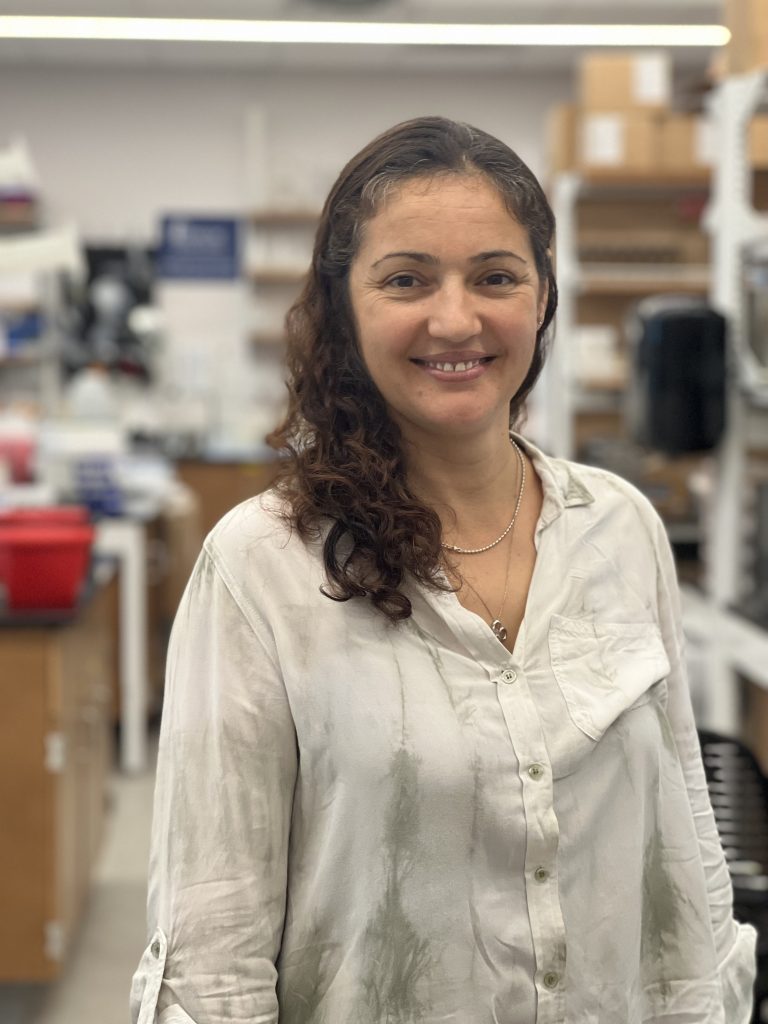
Ozlem Sener Sahin (Lab Manager)
I obtained my bachelor degree in Biology from the Department of Biology at Erciyes University and completed my MSc degree in Teaching Biology at Baskent University. Later on, I started my “Diplomarbeit” at the Department of Biology at University of Heidelberg; however, I had to quit my study due to maternity leave. During my education, I actively participated in biological research, especially in cancer research. I worked as a part-time research assistant at German Cancer Research Center (DKFZ) where I mainly focused on functional genomics studies in the identification of novel oncogenes. Then, I worked at Bilkent University and the University of South Carolina as a research lab manager/technician before joining MUSC. I have been actively participated in breast cancer research to identify novel drug targets overcoming resistance to standard chemo- or targeted therapy agents. I have extensive experience in breeding genetically engineered mice, genotyping, xenograft generation, oral, IP and IV injections for drug treatments as well as mice surgery. In addition to bench work, I have long-term experience in ordering lab material, arranging shipments, organizing laboratory and generating and updating animal and biosafety protocols.
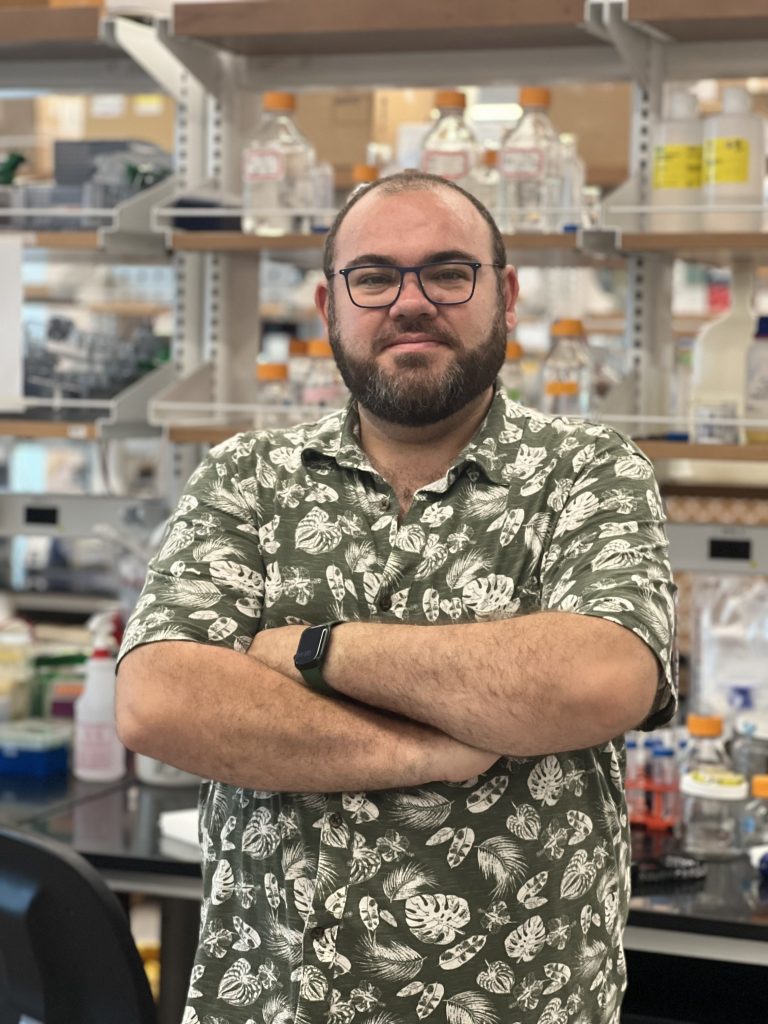
Metin Cetin (Postdoctoral Fellow)
I graduated from the Department of Biology at Istanbul University in 2009. I obtain my Master’s degree in 2013 and PhD degree in 2019 from the Molecular Biology and Genetics Department at Gebze Technical University. My PhD project was to develop ROR1 monoclonal antibodies and to determine the functions of ROR1 in hepatocellular carcinoma. I have gained hands-on experience in generation of monoclonal antibodies with hybridoma technology, CrispR/Cas9, ChIP-seq, molecular cloning, generating stable cell lines with lentiviral based shRNA/ORF, exosomes and BioID during post-graduate studies. In addition, I have intensive experience in cell sorting by flow cytometry and imaging in confocal microscopy. I have a long-lasting interest in the mechanisms of drug resistance and metastasis. Since August 2021, I have been working on understanding of the mechanisms of drug resistance in the context of tumor microenvironment and drug development for better cancer treatment as a Postdoctoral Fellow in Sahin Lab.

Burge Ulukan Altun (Postdoctoral Fellow)
I graduated from Genetics and Bioengineering Department at Yeditepe University in 2015. Then, I completed my MSc degree in Biotechnology at Yeditepe University in 2017. I have a PhD degree in Cellular and Molecular Medicine from Koc University. During my graduate studies, I learned a lot of molecular techniques such as primary cell isolation, genetic and epigenetic manipulation techniques including CRISPR systems, pyrosequencing, and precision cut ex-vivo slices technology. My research interests revolve around understanding of the signaling pathways involved in cell-cell and cell-ECM interactions and seeking novel cancer-specific biomarkers.
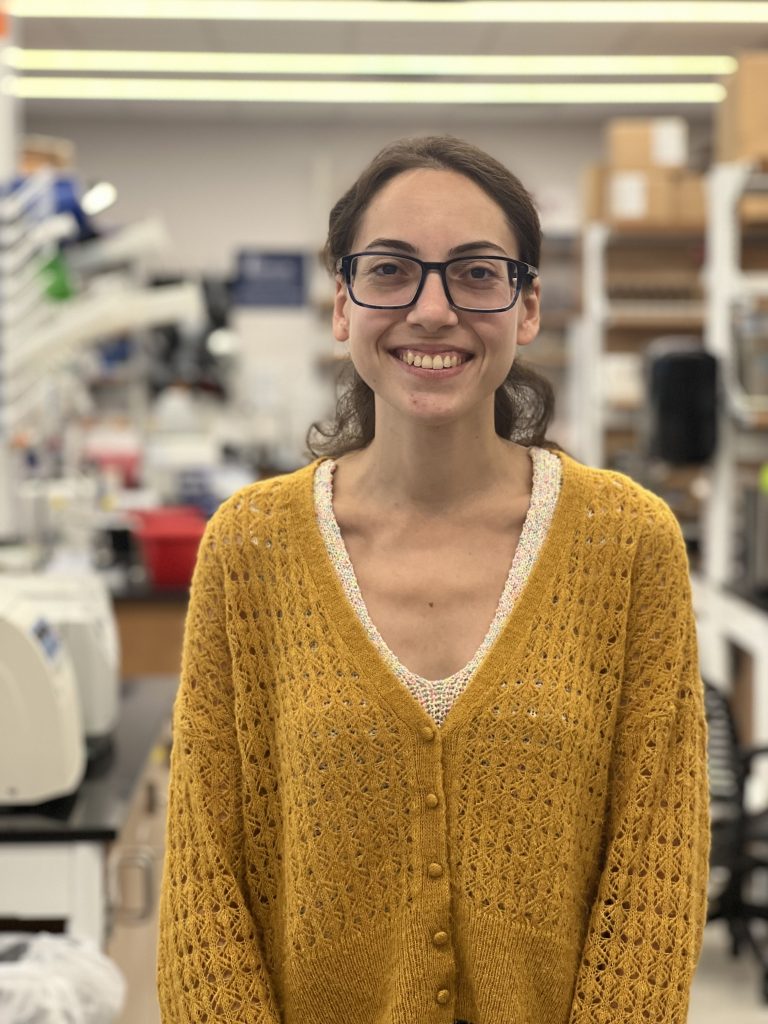
Ozge Saatci (Postdoctoral Fellow)
I am a Postdoctoral Fellow working on mechanisms of drug resistance and metastasis in cancer. I graduated from the Department of Chemical Engineering at METU in 2013 (ranked 3rd in university), and earned my MSc degree in cancer cell biology and drug resistance at Bilkent University in 2016. Then I earned my PhD degree at MUSC in 2023. I have extensive training in basic and advanced molecular, cellular and translational cancer research, involving the generation and use of various in vitro cell systems, as well as the use of state-of-the-art mouse models of breast cancer. My postdoctoral studies focus on elucidating the role of key proteins in resistance to chemotherapy, hormone therapy and targeted therapy in different subtypes of breast cancer.
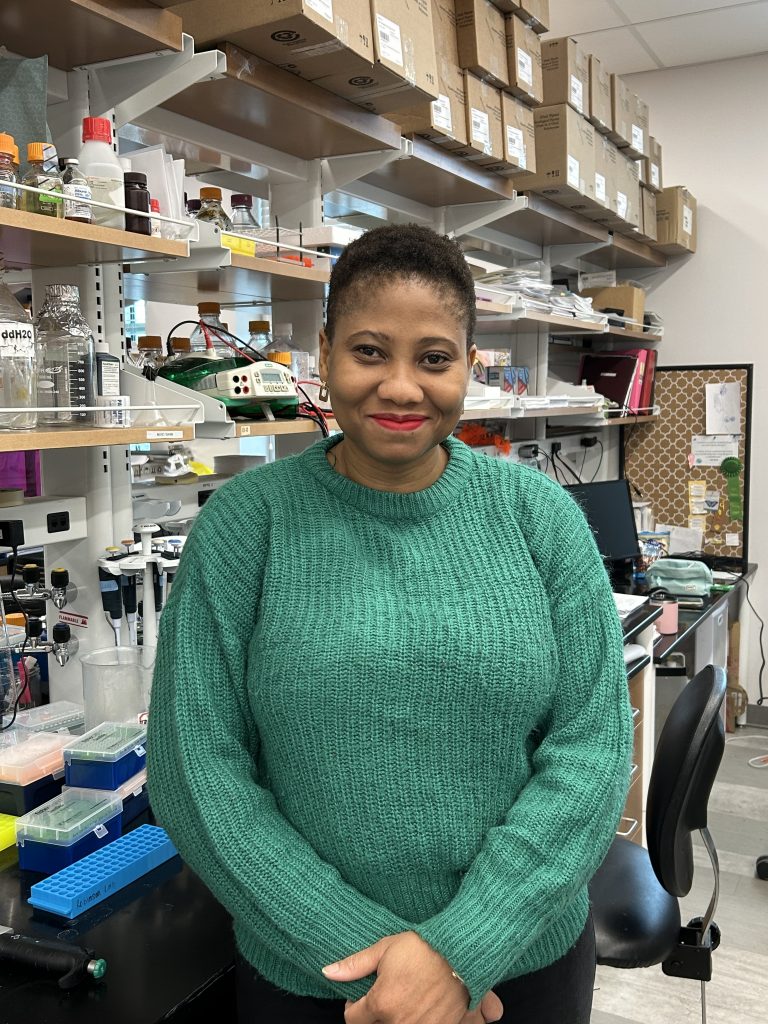
Wisdom Maduabuchi (Postdoctoral Fellow)
I am a Postdoctoral Fellow working on the therapeutic potentials of regulators of key vulnerabilities in cancer. I have a BSc degree in Cell biology & Genetics from the University of Lagos (First class honors). I earned my MSc degree in Biomedical sciences from the University of Chester (Distinction). After which I obtained a PhD in molecular medicine from the Friedrich Schiller University Jena (magna cum laude) where I worked on the effect of magnetic hyperthermia on tumor angiogenesis in pancreatic ductal adenocarcinoma. I am well-versed in both fundamental and cutting-edge cellular and translational cancer research. I have extensive experience with various in vitro and preclinical assays. My research interests’ border on understanding the mechanism of key vulnerabilities in cancer and exploring those mechanisms to develop novel therapeutics.
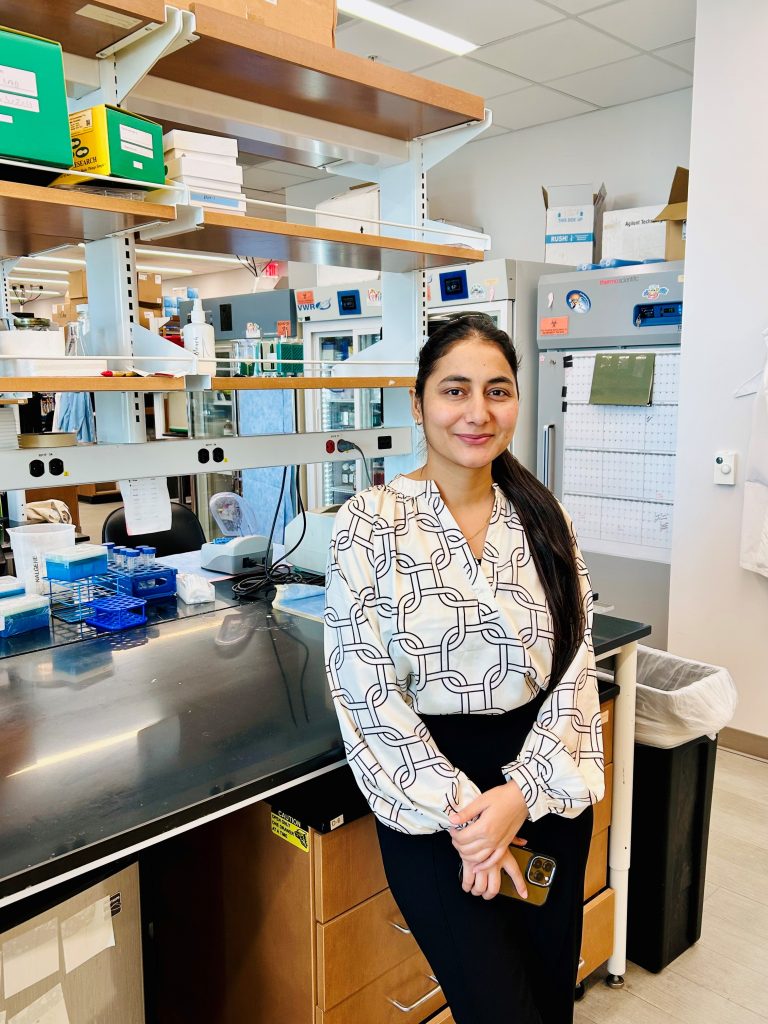
Kamalpreet Kaur Sandha (Postdoctoral Fellow)
I am a Postdoctoral Fellow at Sahin Lab. I completed my Bachelor’s degree in 2015 and Master’s degree in Human Genetics in 2017 from Guru Nanak Dev University. I attained my PhD in Biological Sciences from CSIR-IIIM in 2024. My PhD research focused on tumor extracellular matrix targeting for improved nanomedicine delivery. My expertise includes translational cancer research, with specific skills in drug development, anticancer formulation development and characterization, in vitro and in vivo cancer model systems and molecular biology techniques. My postdoctoral research focuses on immunotherapy resistance and exploring novel strategies to enhance cancer treatment efficacy.
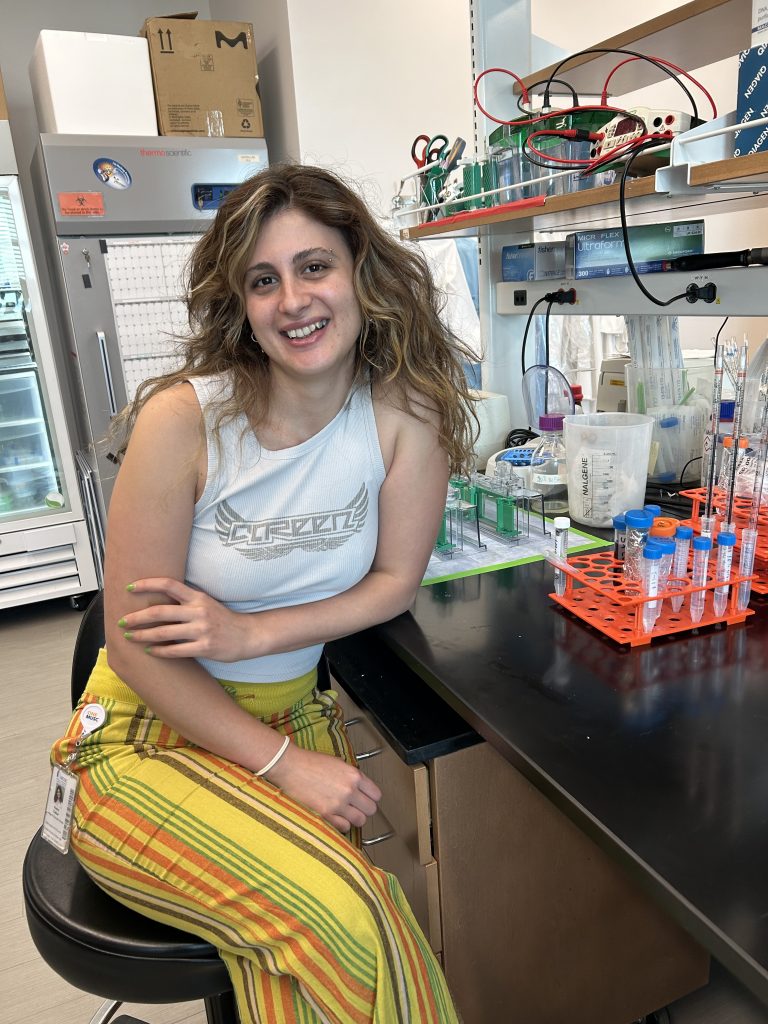
Kubra Calisir Unsal (Graduate Student)
I am a PhD candidate at Sahin’s Lab. I graduated from the Department of Biology at Middle East Technical University in 2020. Then I earned my MSc degree at Bilkent University in 2022. In my MSc thesis project, I developed an app to predict breast cancer subtypes using machine learning. I have extensive training in bioinformatics and analysis of various datasets such as microarray, RNA-seq, and single-cell RNA-seq. My Ph.D. project focuses on elucidating the role of proteins in DNA damage and chromosomal instability and their effects on the immune system in solid tumors.

Baris Cerci (Visiting Scholar)
I am a visiting scholar at Sahin Lab. I graduated from the School of Medicine at Hacettepe University in 2024. During my undergraduate, I worked with Dr. Aytekin Akyol, MD, at the Department of Pathology at Hacettepe University, on the roles of Brain-derived neurotrophic factor (BDNF) in the carcinogenesis of colorectal cancer, as well as its role in the regulation of energy balance, especially in the context of cancer cachexia. At Sahin Lab, I will be working on the molecular mechanisms of cell invasion in centrosome amplified cancer models. I will also investigate mechanisms of drug resistance in specific subtypes of breast cancer.
I like hiking in nature, riding bicycle, macro-photography and reading scientific literature. I am also an expert on insect taxonomy.